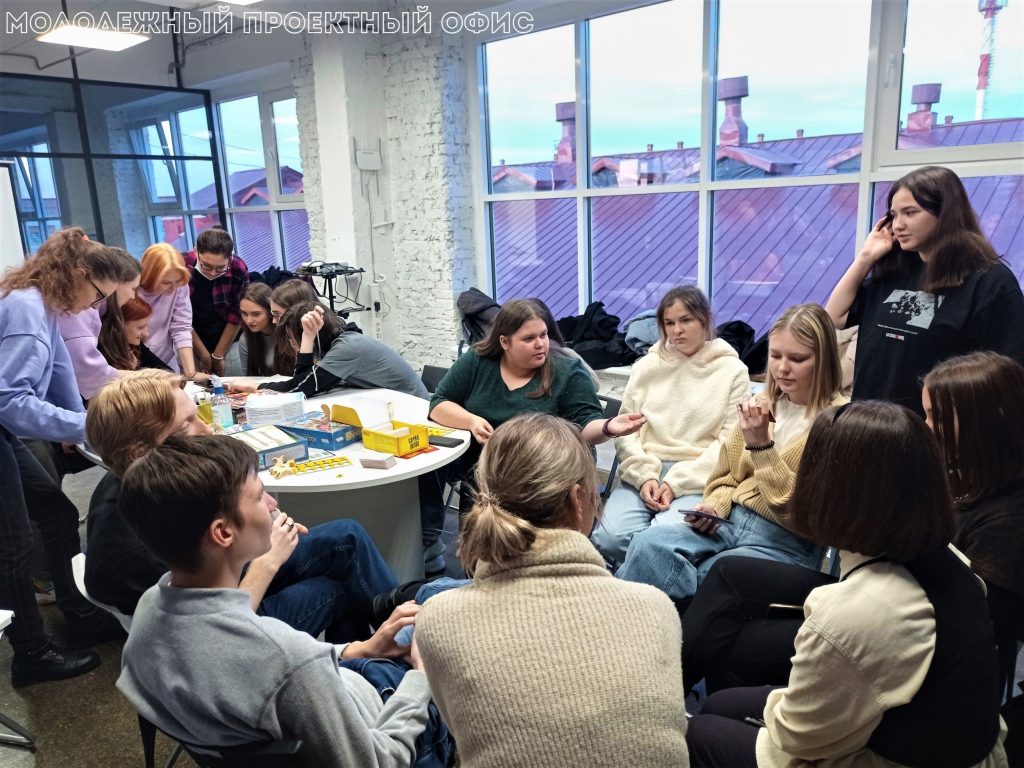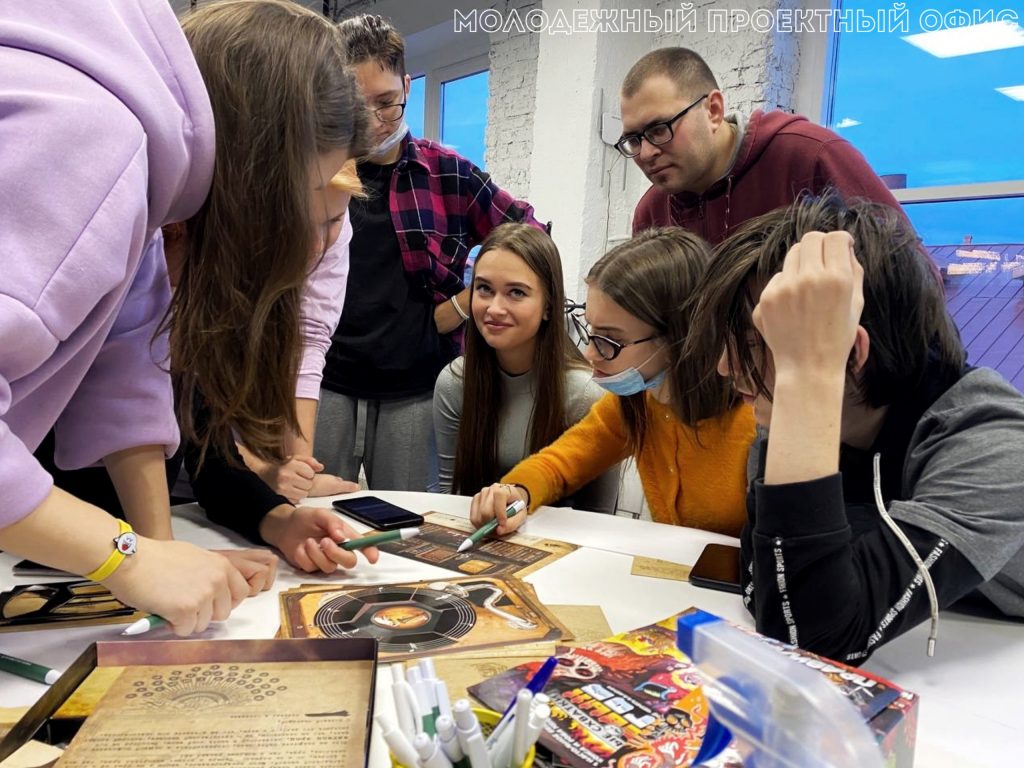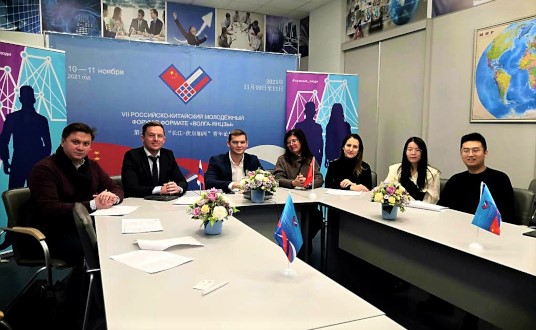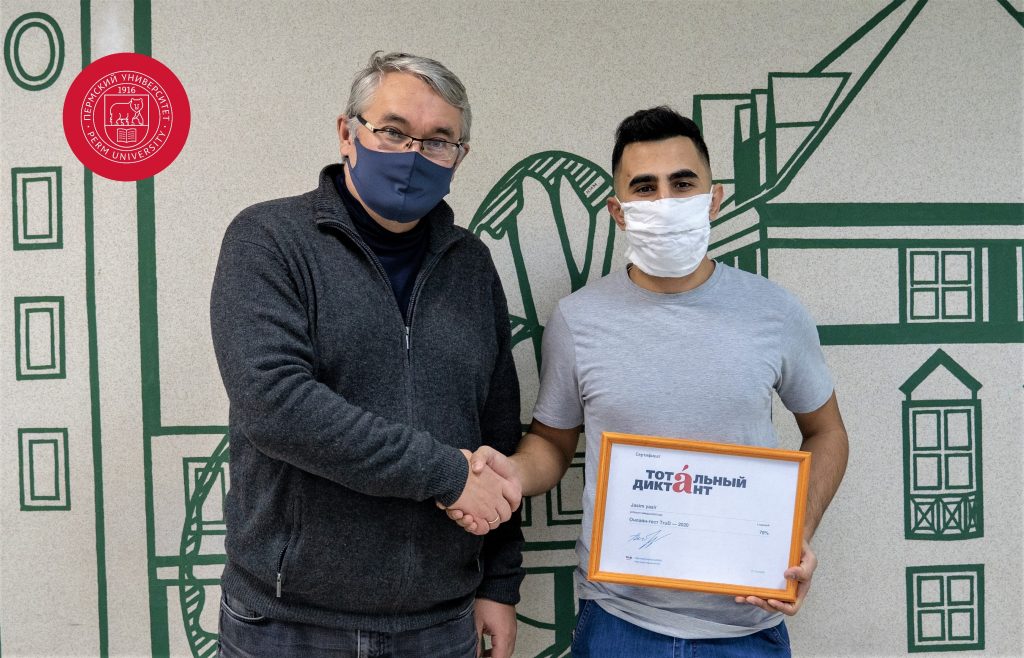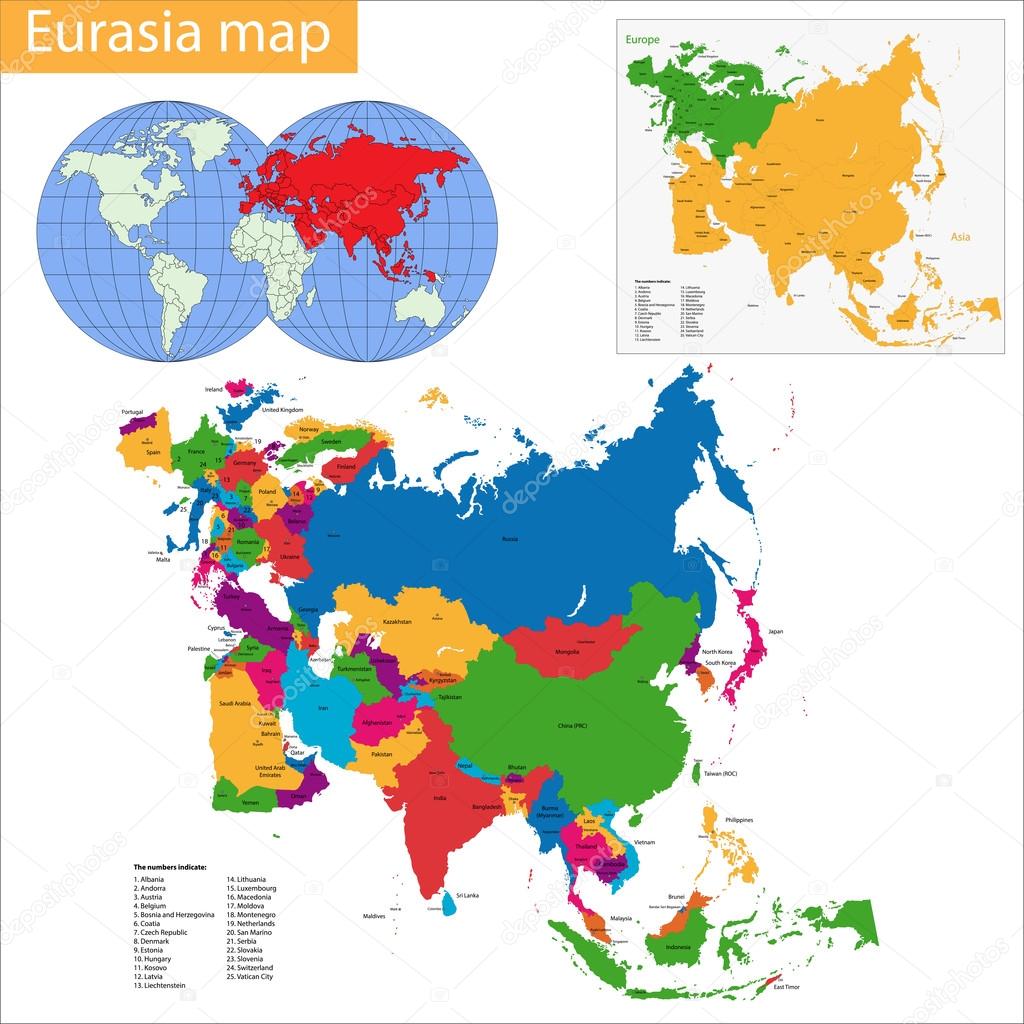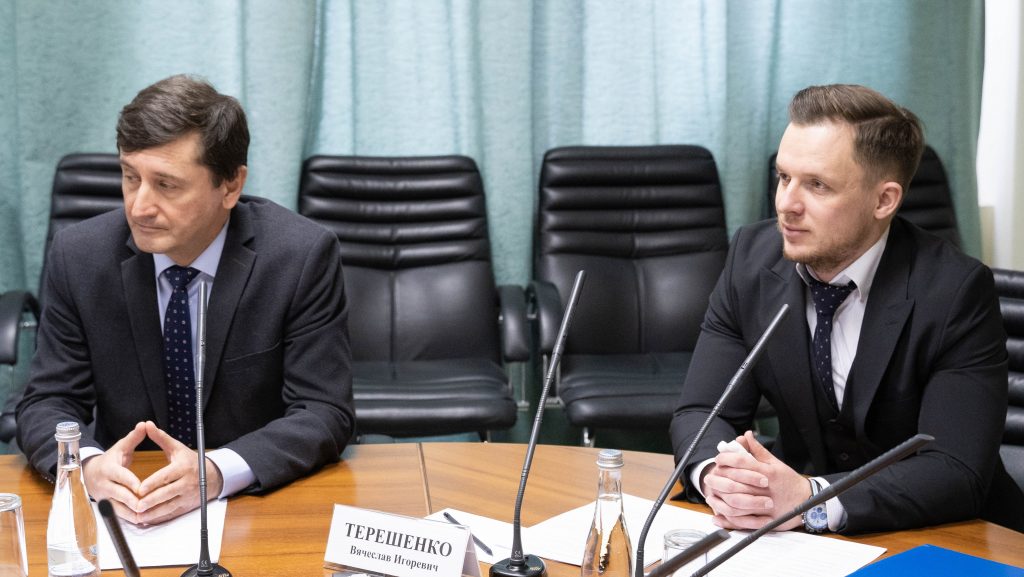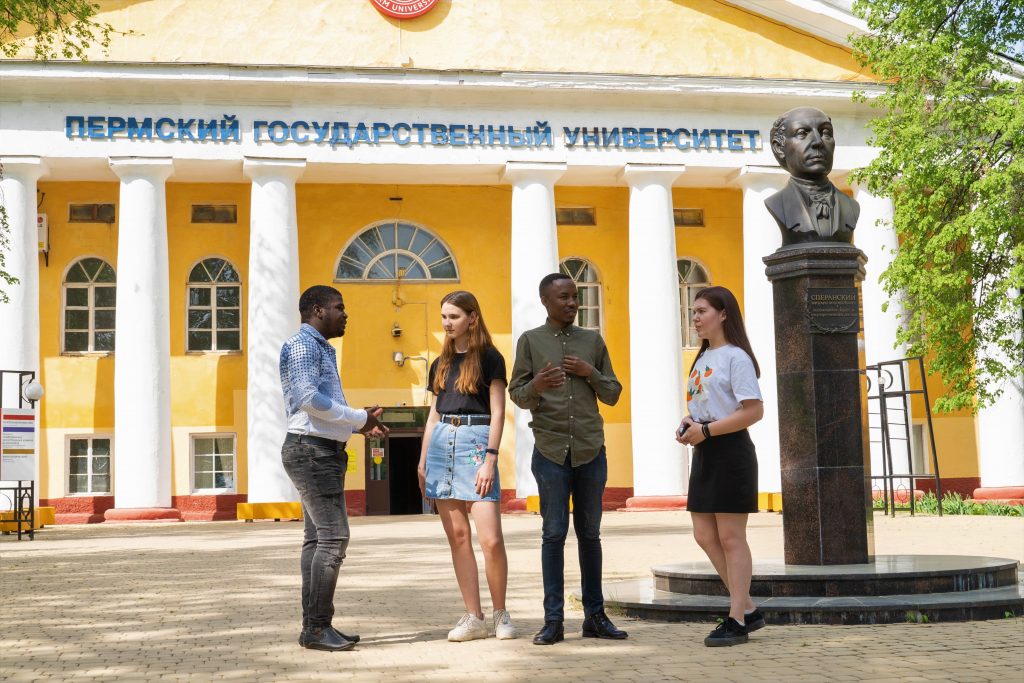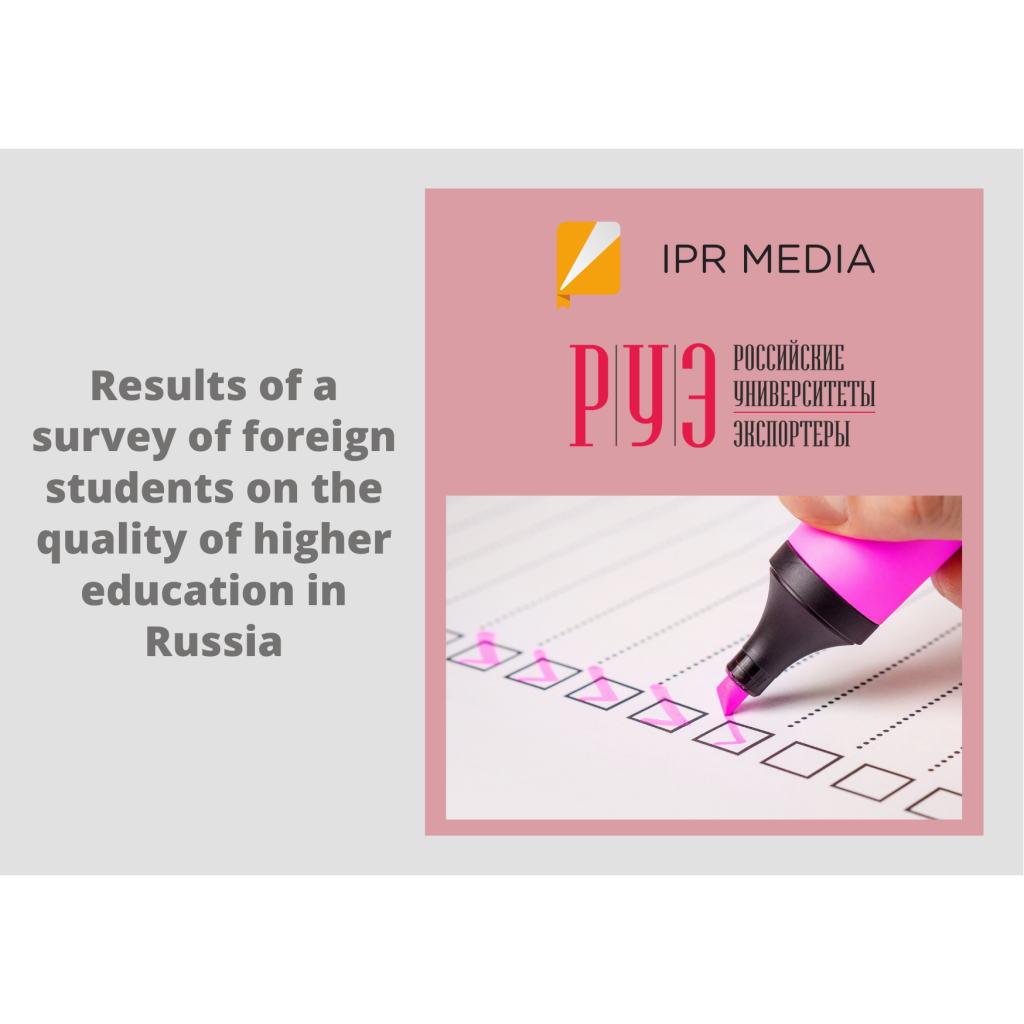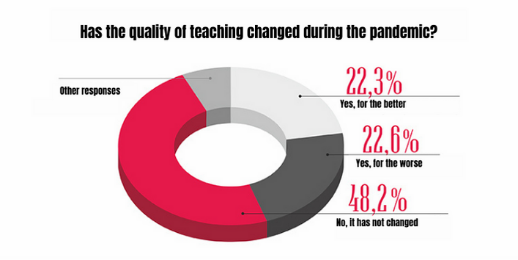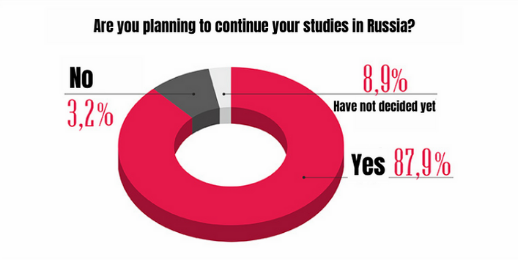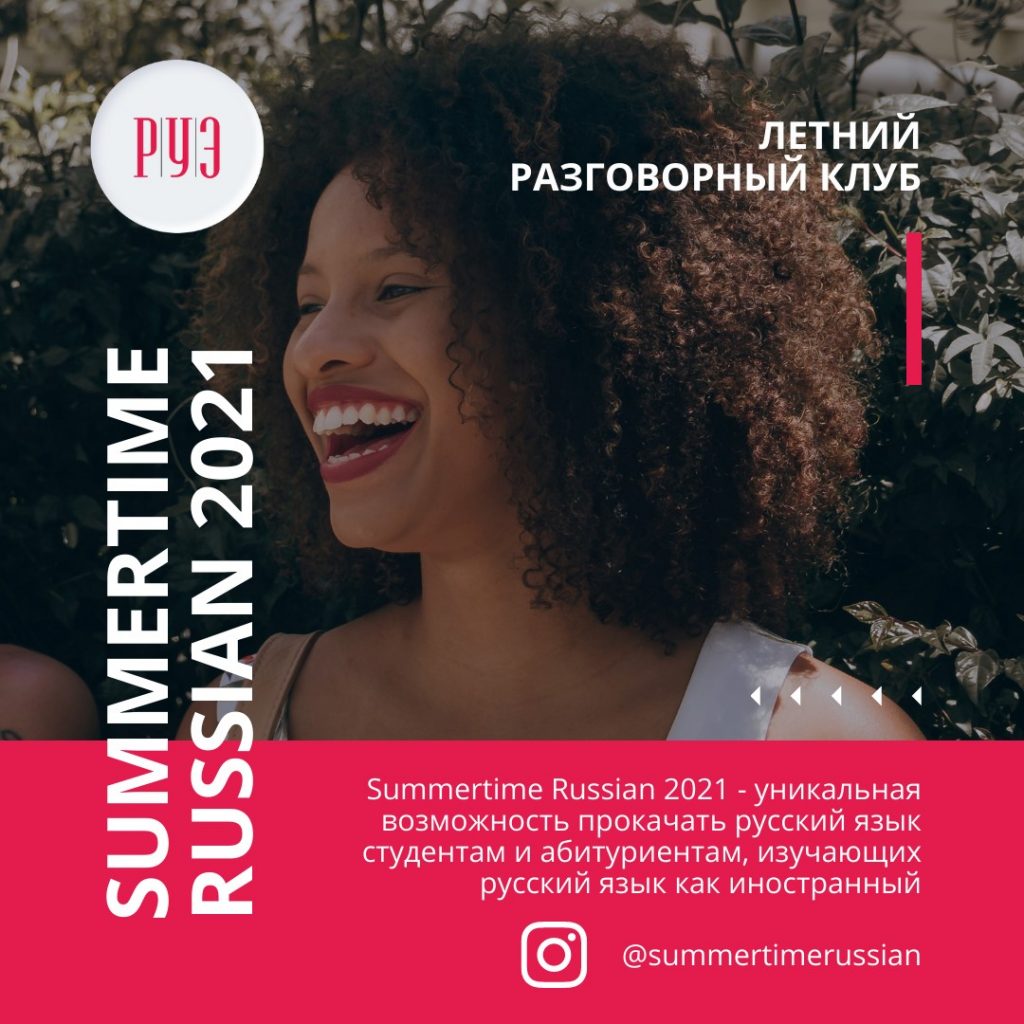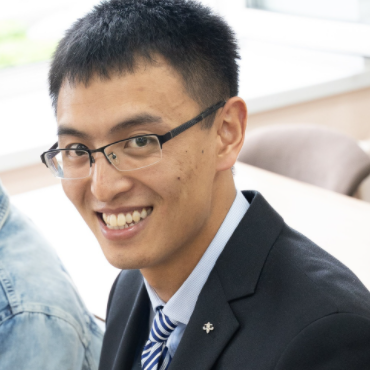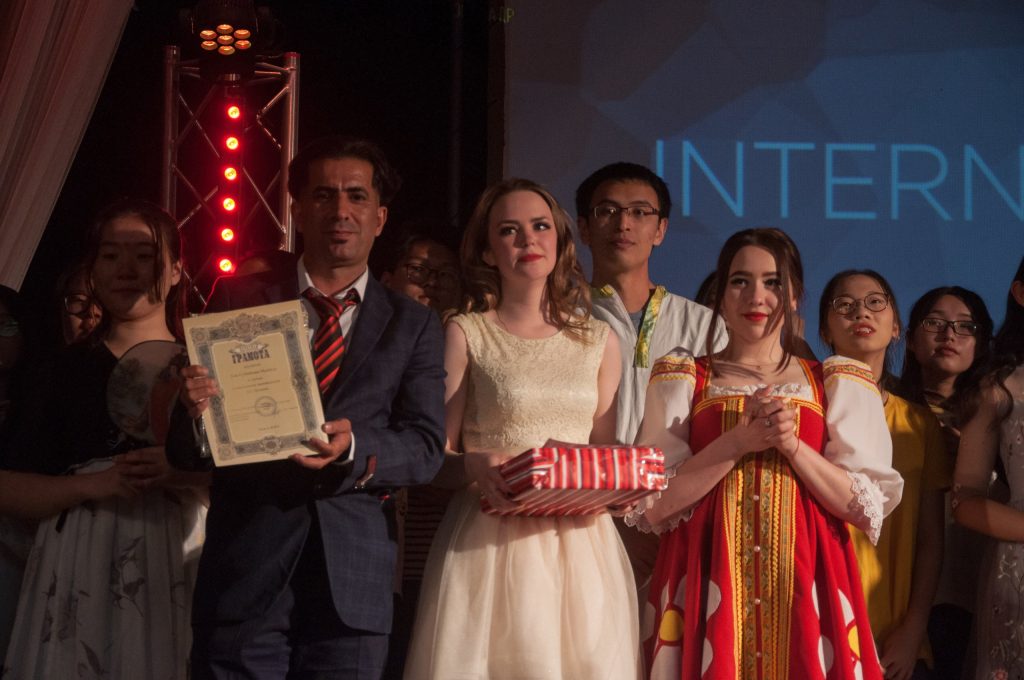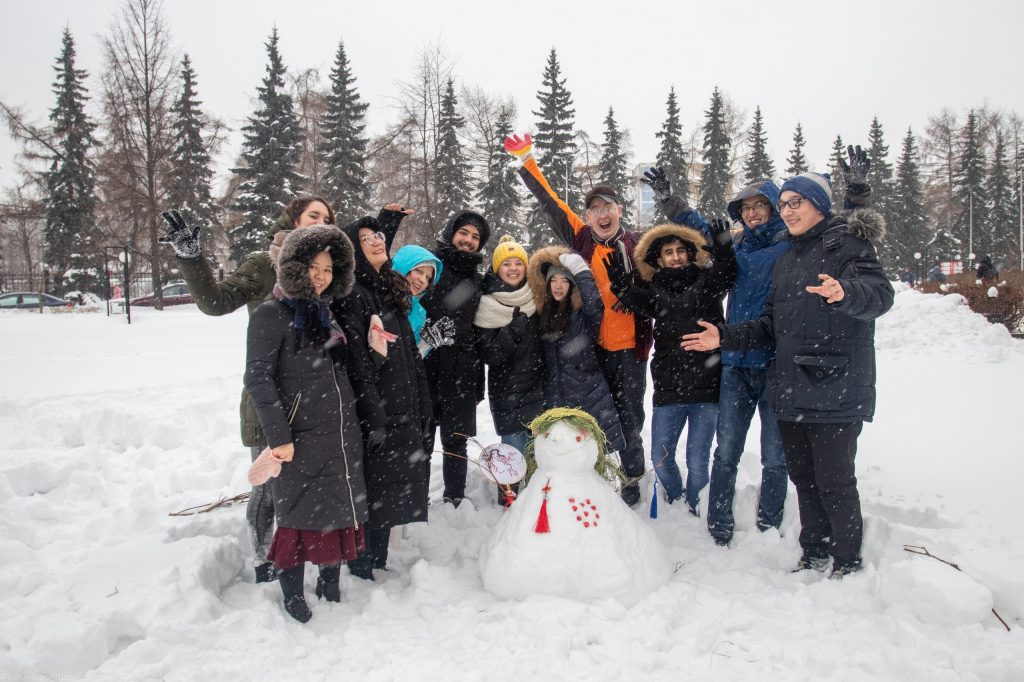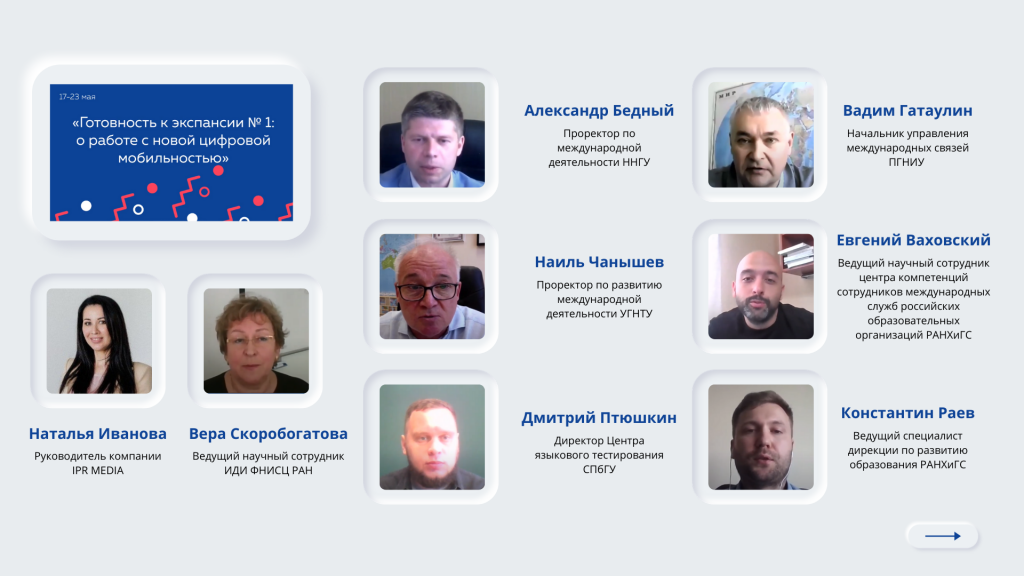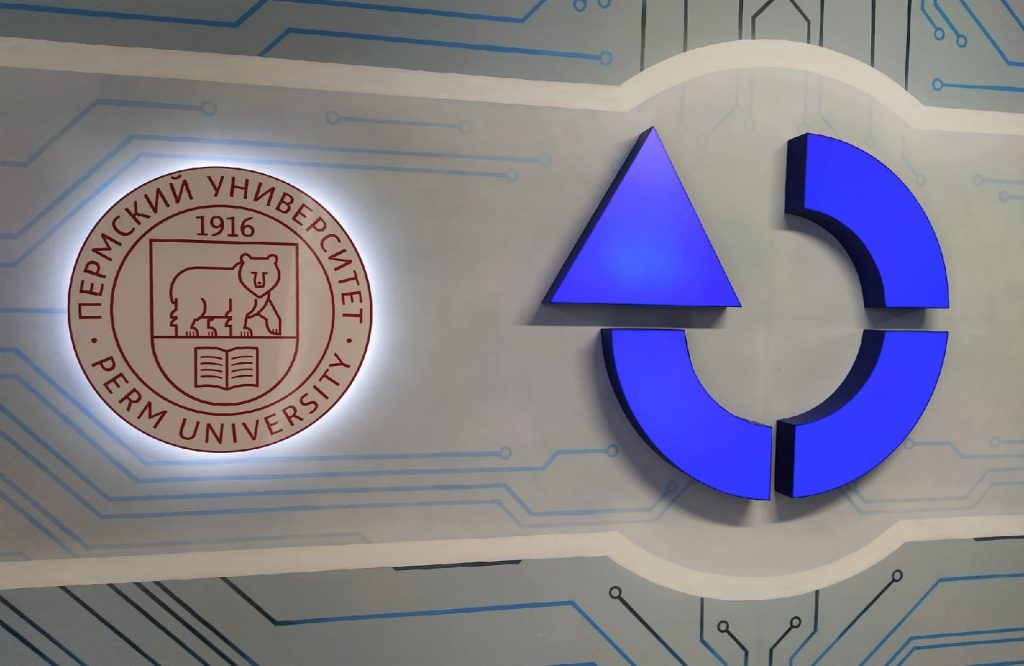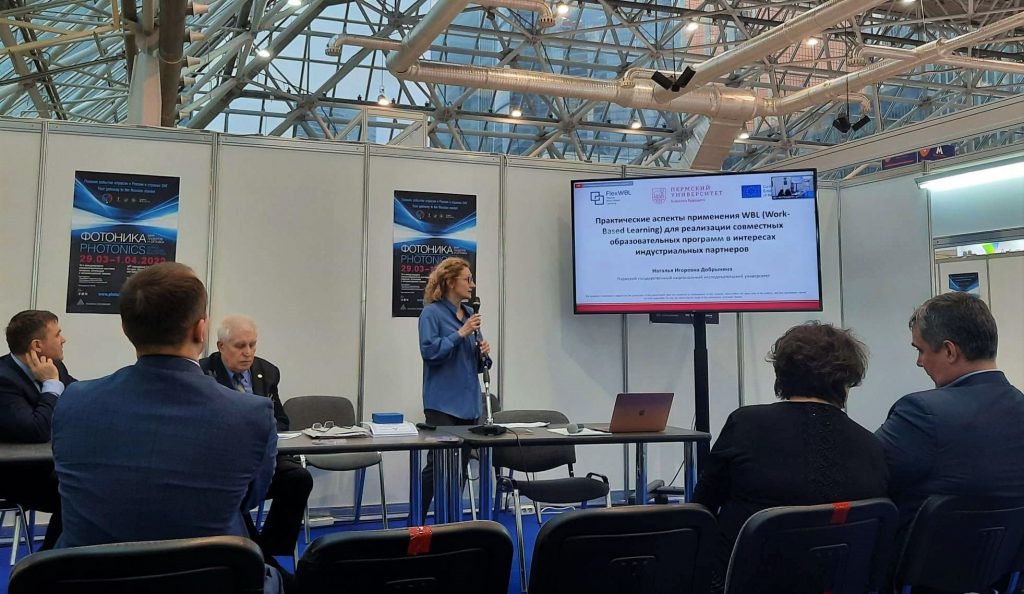PSU Launches Inter-Collegiate Volunteering Week
Got bright ideas? Like interaction? Looking for friends? The roundtable titled “Can a Foreign Student Be a Volunteer?” will take place on 30 November at 6pm, in Russian and English languages.
The roundtable, run by the Youth Project Office at PSU, is a part of a bigger venue called “DobroLIVE” – a place to learn about volunteering, join projects and share positive vibe in a great company.
The event aims to increase the level of knowledge in volunteering among students of Perm Territory. On 29 November – 5 December, the participants will meet experts, learn skills, play games, resolve group tasks, participate in sweepstakes, as well as enjoy a family house gathering, both on- and off-line.
DobroLIVE is a part of the Priority 2030 Strategic Academic Leadership Program, which aims to form a wide group of universities urging to become leaders in creating new scientific knowledge, technologies and developments for implementation in the Russian economy and social sphere.
As part of the event, a recruitment of coordinators from educational institutions of Perm territory will take place. “We regard DobroLIVE as a platform for those who want to plunge headlong into volunteering and those who miss having good warm evenings in excellent company,” the organizers note.
Currently, there are about 300 international PSU students staying in Russia, and many more in Perm. Along with the Russian residents, they are invited to participate workshops and discussion groups of the Volunteering Week in Perm.
Please, see links to detailed program and an application form in the comments below.
Picture source: Youth Project Office at PSU.
Please, get more info and register for participation here.

